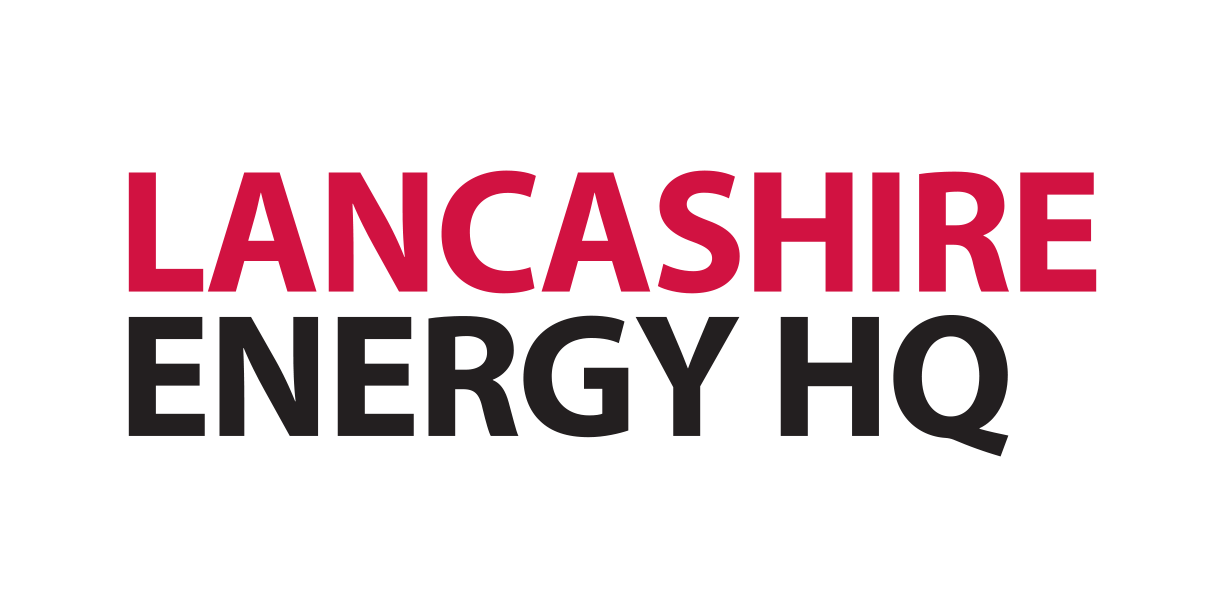Engineering (Industrial Engineering) - BEng Hons Degree (Part-time)
Course Code: ET1HE610
DEGREE-LEVEL
Next course dates
| Start Date | Location | Duration / Fees | |
|---|---|---|---|
| 08/09/2025 | Bispham Campus | 3 Years / £6,167 per year | Apply |
Course Overview
This is the 3-year, part-time Industrial Engineering programme starting at Level 5.
You will be expected to have achieved a Level 4 qualification before starting this programme.
We are in unprecedented times. Industry 4.0 has given rise to the need for professionals with the technical and management expertise to develop and manage engineering and business systems.
This Industrial Engineering programme will empower you with the versatility, flexibility and adaptability to soar and succeed in this exciting and fast-moving environment.
You'll acquire a deep understanding of industry, business, quality and management processes taking a keen interest in human factors, improvement, ergonomics, customer satisfaction and quality.
Industrial engineers operate at the centre of complex processes, systems and organisations, putting into practice their technical engineering knowledge, alongside expertise in business development, operations management and project management.
Businesses and industries depend on the principles of Industrial Engineering, which include increasing efficiency, reducing costs, and improving product and service quality.
Industrial engineers optimise complex processes, organisations and systems or even create them to achieve higher efficiency by saving time, money or effort, and to monitor quality and increase productivity.
Industrial Engineering overlaps with operations research, management science and ergonomics. It is a human-oriented discipline accommodating the viewpoints and motives of users at all levels.
Entry Requirements
A minimum of 48 UCAS points (excluding Functional Skills) in an appropriate discipline:
- DD from A levels to include mathematics and a technology, engineering or science-based subject
- PPP from Extended Diploma, MP from Diploma, MM from 90 Credit Diploma in a science or technology-based subject, including passes in mathematics
The entry criteria for direct entry onto Level 5 of the programme are:
- HNC or HND with an overall merit grade in: Mechanical, General or Aeronautical Engineering or an appropriate Engineering discipline
Applicants for whom English is not their first language are expected to achieve a minimum 6.0 overall with at least 5.5 in each component
Applicants who are able to demonstrate relevant work/life skills or knowledge will also be considered on an individual basis.
Please note: Where wearing PPE (Personal Protective Equipment) is a mandatory requirement of the course, it is the responsibility of the learner to ensure that they are able to wear such equipment. Further information can be obtained at the IAG session which all applicants are invited to or by calling Course Enquiries on 01253 504343.
Assessment Methods
Coursework
Most courses are assessed via a combination of coursework and exams – the percentage weighting of each of these is outlined below. Coursework might range from written tasks and assignments to the collation of a portfolio of evidence based around a work placement. Coursework differs from exams in that it is usually non-timed and carried out independently.
Exam
Exams are formal, timed written assessments, carried out in a controlled environment and overseen by one or more invigilators. They assess your grasp of the theory and underpinning knowledge related to your chosen career area. The opposite of practicals, they require you to set out your practical understanding within an academic context. Some courses have no exams – the exam/coursework ratio is outlined below.
Practical
Practical assessments identify your technical ability to apply theory to hands-on tasks in your chosen career area. They can be timed or non-timed and involve observation of your practical skills and competencies, either in a work-based environment or a dedicated College setting that closely resembles the workplace. Practical work-based assessments are supported and carried out by a trained assessor.
| Assessment Method | Level 4 | Level 5 | Level 6 |
|---|---|---|---|
| Coursework | 0% | 0% | 0% |
| Exam | 0% | 0% | 0% |
| Practical | 0% | 0% | 0% |
Course Structure
Teaching and Learning Methods
Scheduled Learning
Scheduled time relates to the time you spend in directed study with the guidance and support of our academic tutors. Scheduled learning can take a variety of forms and will vary from one course to the next, but may include lectures, seminars, tutorials, project supervision, demonstrations, studio or workshop time, fieldwork and external visits.
Independent Study
Higher education courses rely on students undertaking work outside of formal, scheduled sessions and this is generally categorised as independent study. Independent study might include preparation for scheduled sessions, follow-up work, wider reading or practice, completion of assessment tasks and revision.
Placement
Many of the degree programmes at B&FC incorporate opportunities for work placements to provide you with the opportunity to link your studies to relevant professional practice in a real work environment. Our programme teams are able to offer support in securing an appropriate work placement where it forms part of your programme, and will work closely with you during the placement to ensure that the opportunity allows you to develop personally, professionally and academically.
| Learning Method | Level 4 | Level 5 | Level 6 |
|---|---|---|---|
| Scheduled | |||
| Independent | |||
| Placement | |||
| Total | 0 | 0 | 0 |
Industry Placement and Field Trips
Other Costs and Equipment Needed
You will need your own scientific calculator; we recommend the Casio FFX-91ES (costs start from around £15).
Books, journals and electronic resources can be accessed via the College's learning resources facilities.
Expert Tutors
All staff involved in the delivery of higher education courses within the College are approved to teach the subjects and modules they deliver. The approval process ensures that staff delivering a given programme are appropriately qualified and, where appropriate, possess relevant technical and industrial experience and professional practice.
Tuition Fees
Read our tuition fees guide.
Regulation and Accreditation
Accrediting Institution: N/A
Awarding Body: The University of Lancaster
Regulatory Body: Office for Students (OfS)
Terms and Conditions
Read our full terms and conditions for more information.







